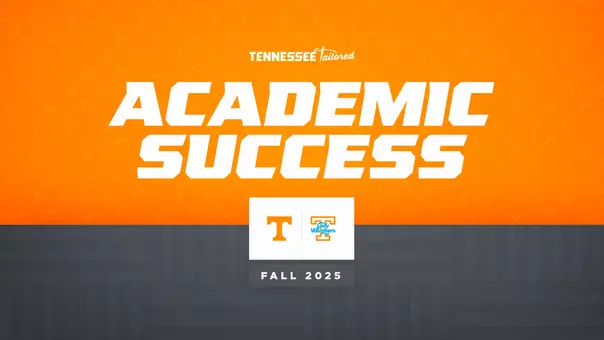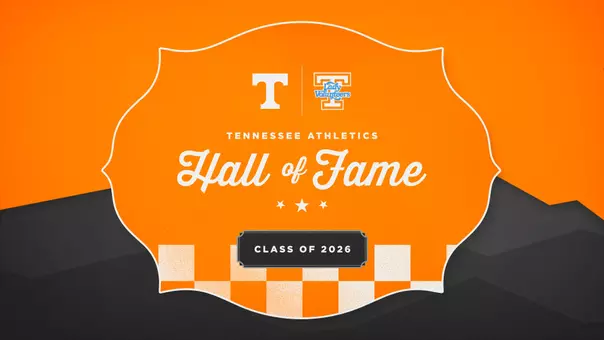University of Tennessee Athletics
Inside The T - Coaching Impact
April 13, 2015 | General

By Brian Rice
UTSports.com
I have been listening to Phillip Fulmer speak for most of my life. But somehow, I heard a message and a story Friday morning that I had never heard before, and it was one that stuck with me throughout the weekend of activity on campus.
In his address to the Tennessee Coaches Clinic at Thompson-Boling Arena, Fulmer spoke on a variety of topics, but his message to the assembled high school and college coaches was about building a foundation and having an impact on lives.
It came from a speech he heard former Michigan coach Bo Schembechler give when Fulmer was still trying to determine if he wanted to be a coach or head off to law school. Schembechler talked about how rewarding it was to have an impact on lives because those relationships last far longer than championship celebrations.
It hit home to Fulmer then, as it did when he shared the message and how coaches had helped shape him coming up through the ranks.
"You know how lucky you are to be a head coach and to impact a young person's life as a coach," Fulmer said. "I was successful because of my little league coach, my high school coach and the great experience I had here at the University of Tennessee. My career was not just about being a head coach somewhere, it was about being in a position to give back and pay back those that helped me. If you can do that, this is an honorable profession to be in."
It hit home to me sitting there in the arena because minutes earlier, I had seen my high school football coach, Mark Chait, outside of the arena as we walked in for the session. He had told me how proud he was to listen to my broadcasts and read the things that I write for this site.
I'm grateful for his impact. Coach realized early on that I was one of those kids in the NCAA commercial that was going to go pro in something other than sports. But he helped direct me to explore the passion that I had for sports, because my passion had a very short shelf life on the field. He got me into writing about sports, set me up with my first time on a public address microphone at the high school basketball games and encouraged me to continue making connections once I got to college. He made an impact on my life and my career, just as Fulmer implored the coaches gathered to do.
The next morning, Butch Jones and the football program hosted family day at Neyland Stadium, a time for players' parents and extended family to come out to practice and then share a meal together as a football family.
Todd Kelly, Jr. told me after practice that it felt a little bit like little league out there on a Saturday morning with the stands full of parents encouraging the kids on. I watched the practice from the stands with the parents, trying to take in that atmosphere as well.
Sitting with the parents, you would never know that it was a situational scrimmage in spring practice. For the parents, it might as well have been for the National Championship. I gravitated toward the defensive back parents, who were all seated together. I wanted to watch them interact before getting a quote from my story on family day. They celebrated the successes of their sons and yelled words, mostly of encouragement, when the successes were fewer.
The overwhelming feeling among the parents was gratitude. Not just that they were grateful to be there, which they certainly were, but grateful for the impact Tennessee is having on their sons' lives.
As the families, players and the coaching staff came together on the field after practice, there was more of the gratitude, more of the football family moments, more tangible evidence of the impact these coaches had on the lives of their players.
The wins and championships and trophies are nice, they are what most often defines a coach's public legacy. They are what fans remember and cheer for. Most fans will never see the impact a coach really has on a player, but those that played sports along the way can surely remember the impact a coach had on their life.
















